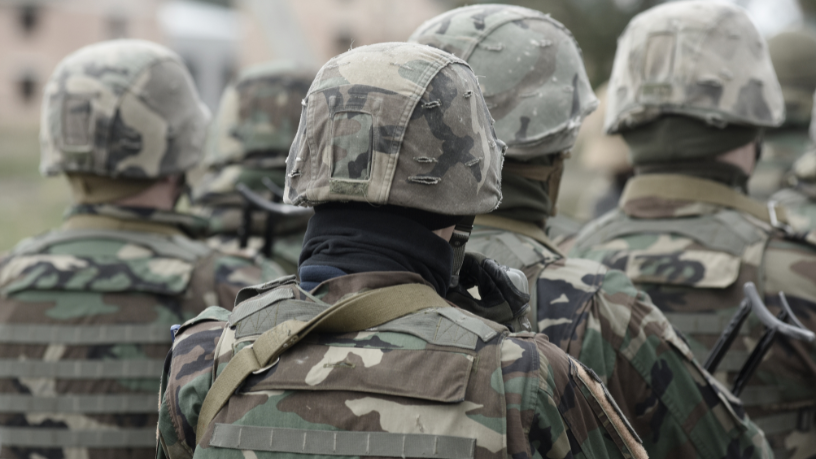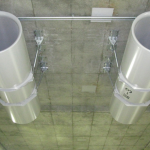The state of Texas, under the leadership of Governor Greg Abbott, recently announced the deployment of 400 additional National Guard soldiers to the US-Mexico border. This action is part of a series of security measures aimed at addressing the increasing illegal immigration and enhancing safety in the region. Abbott’s decision has sparked controversy, with human rights defenders and politicians criticizing the militarization of the border, while others argue that the military presence is essential to address the challenges the state faces.
The issue of illegal immigration has been one of the most debated topics in the United States in recent years. The deployment of 400 National Guard troops to the border is seen as an attempt to respond to the rising number of migrants, especially in the context of federal policies that are more lenient on immigration control. Additionally, Abbott argues that sending the troops is a necessary step to ensure the safety not only of Texans but of the nation as a whole.
The presence of the National Guard at the border is not a new concept. Back in 2014, during President Barack Obama’s administration, Texas implemented similar actions. The difference now, however, is the increased number of troops and the intensification of operations. Abbott, one of the main critics of the Biden administration regarding immigration, uses the deployment of troops as a way to pressure the federal government to adopt stricter measures to curb the migrant flow. This remains a divisive issue in the country.
In addition to political concerns, the presence of more than 400 soldiers at the border also raises questions about the social and humanitarian impact of the situation. Human rights organizations often accuse the Texas government of violating the rights of migrants, arguing that security policies can result in abuse and inhumane treatment. On the other hand, Governor Abbott defends his actions as a means to maintain order and safety, arguing that border protection is crucial to the state and national security.
Critics of Abbott question the financial cost of such a large-scale operation. Deploying 400 new soldiers to the border requires substantial investment, which could affect other areas of the state budget. Furthermore, some argue that instead of intensifying the military presence, Texas should seek more effective solutions, such as implementing more flexible immigration programs and policies that address both security and the humanitarian needs of migrants.
Abbott’s decision also reflects the political tensions surrounding immigration in the United States. Immigration continues to be a divisive issue, with different states adopting different policies. While some advocate for open doors for migrants, others, like the Governor of Texas, see the need for stricter measures to prevent overburdening social systems and ensure national security. These differences have fueled an intense debate on how to handle the immigration issue in a balanced and humane way.
The deployment of troops to the border, although controversial, is also a reflection of the difficulties faced by border states in managing illegal immigration. Although the National Guard’s role is largely to support local and federal authorities, their actions have been subject to scrutiny, particularly due to the militarized nature of their presence in the region. The increase in troops also reflects a climate of growing insecurity, fueled by the perception that the border is out of control.
As Texas continues to invest in border security with Mexico, Governor Abbott aims to send a clear message that he is committed to protecting the state and combating illegal immigration. However, sending 400 National Guard soldiers may not be the definitive solution to the complex issue of immigration in the United States. Addressing this issue requires not only security measures but also a more comprehensive approach that includes immigration reform, greater federal cooperation, and, above all, respect for the human rights of migrants.
Abbott’s move to send more troops to the border will likely remain a point of discussion both in Texas and on the national political scene. The impact of this decision, whether it increases security or exacerbates social tensions, will be closely monitored by both citizens and politicians in the United States.







